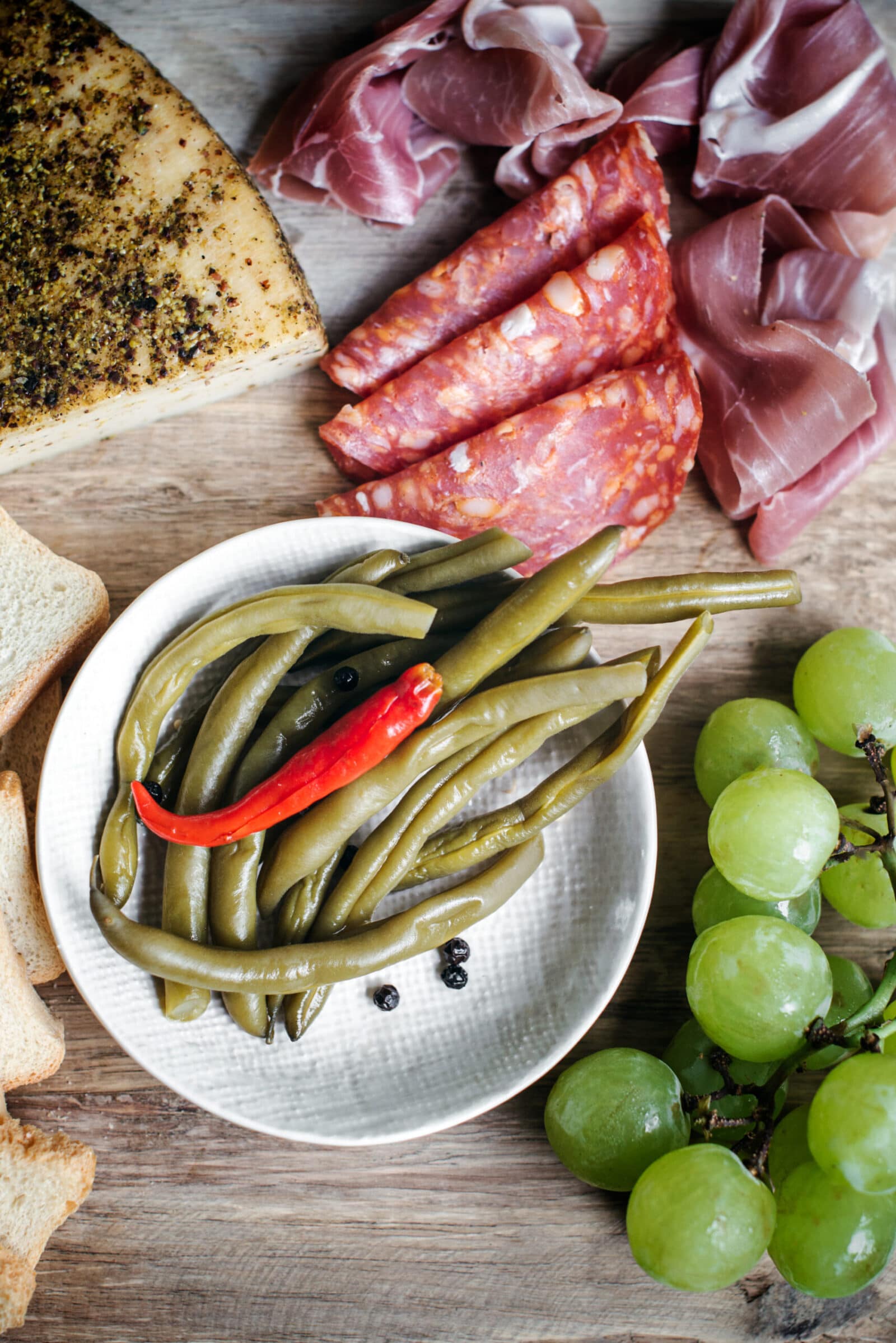3 Great Reasons Why You Should Blanch Fruits and Vegetables
Boil fruits and veggies briefly, then immediately cool them in preparation for freezing or cooking. Discover three reasons to blanch fruits and vegetables.
Blanching is the process of briefly submerging food in boiling water, and then immediately cooling the food to stop cooking. This versatile preparation technique can help you make a composed salad, freeze produce for later use, and so much more.

3 Reasons to Blanch Your Fruits and Vegetables
Blanching can help cooks of all experience levels create great dishes. Learn more about three reasons to blanch fruits and vegetables.
Preserve Color and Texture
Frozen fruits and vegetables often look colorless compared to their vibrant, fresh counterparts. Blanching exposes the produce briefly to boiling water, then shocks it with ice water.
Blanching helps maintain the natural colors and textures of frozen fruits and vegetables. For example, blanching is a little-known tip for freezing and storing pineapples so you can enjoy them year-round.
Tip: Watch the Time
How long you should leave food in the boiling water depends on the size and type you’re preparing. In some cases, fruits and veggies only require submersion in boiling water for seconds.
Over-blanching can cause food to lose its flavor, so make sure to remove food from boiling water when recommended and quickly cool it completely.
Streamline Peeling
Another reason to blanch fruits and vegetables is to streamline prep work by making the food easier to peel. Blanching makes it a breeze to peel tricky, thin-skinned fruits like peaches and tomatoes.
Boiling water loosens the skin, and the ice bath prevents the fruit from cooking. The skin should slip away from the fruit easily after blanching.
If it’s not easy to separate the peel and fruit, submerge the fruit for longer, then try peeling again.
Make Greens Less Bitter
Want to eat more greens but have difficulty stomaching the bitterness of vegetables like kale, collards, and mustard greens? Chemical compounds called glucosinolates cause this characteristic taste.
Blanching some vegetables before cooking them can soften their sharp bitterness. Glucosinolates are water-soluble, so blanching pulls some of these chemicals from the vegetables and improves their flavor.
Blanching preserves the color and texture of produce, makes peeling easier, and removes bitterness from some vegetables. Try this technique with your produce to fully enjoy each meal you prepare.
Recipes to Try:
- Preserves: The Best Spicy Mixed Dilly Beans Recipe
- Asparagus with Caesar Dressing
- How to Make Preserved Lemons Recipe

Stacey is a Southern girl with a taste for travel, thriving on the discovery of the world through food. After spending many years traveling and living overseas, she’s now back home in her beloved deep south enjoying life with her three little ones and loving the adventure. She’s a food stylist and food photographer, as well as, the creative behind Little Figgy Food, where she loves to inspire others to try new flavors and foodie techniques.






